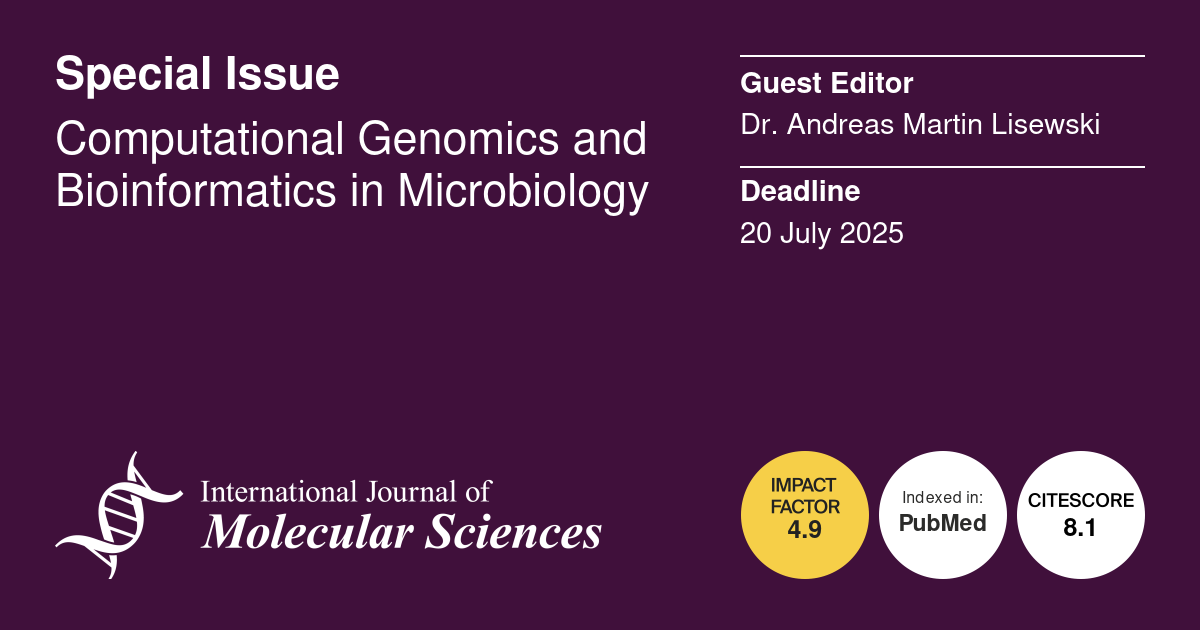

Dr. Andreas Martin Lisewski
In the broadest sense, our research uses modern computational methods to decode the biological information that is encoded in genomes. The genomic information we are especially interested in is functional information relevant in infectious disease agents, ranging from parasitic eukaryotes, bacteria, to viruses. Following this research, basic elements of molecular biology (such as genomic structure, DNA replication, transcription, translation, structural stability) are analyzed from a modern information engineering perspective that incorporates the transmission of genomic information from a sender, via a encoder-channel-decoder device, to a receiver. This biodigital convergence is a far-reaching conjunction of digital communication theory and molecular biology at their most fundamental level.
Our scientific work also focuses on synthetic biology, ranging from understanding basic concepts, to computational methods to tell synthetic from natural genomes, and to developing specific bioengineering applications, such as the design and control of thermostability in proteins.
Synthetic biology is the disruptive technology of the 2020s. It is historically unprecedented for a single technology to have such an impact on not only medicine, food, livestock, defense sector, but also on the entire human society and the global biosphere. From it an additional focus of our research are the technological risks and societal impacts that emerge from recent breakthroughs in synthetic biology and from the ongoing process of biodigital convergence.
- Data Tools for the Life Sciences (MQLS-CO-02-A/B, Fall Semester)
- Synthetic Biology - Concepts, Opportunities and Risks (CA-MCCB-804, Specialization course, Spring Semester)
- Global Health - Historical Context and Future Challenges (JTBQ-004, J/C Track Big Questions, Fall Semester)
- Causation and Correlation - Perspective I (CTNS-03, Constructor Track New Skills, Spring Semester)
- Global Existential Risks (JTBQ-005, J/C Track Big Questions , Fall Semester)
- Ethics in Science and Technology (JTBQ-003, J/C Track Big Questions, Spring Semester 2024 for Alexander Lerchl)
- Ethics and the Information Revolution (MDSSBO-107-A, Spring Semester 2025 with Marina Christodoulou)
Le Monde, 2025 (1 January): COVID-19: Five years on, search for origin of SARS-CoV-2 remains fruitless, link (ENG)
Le Monde, 2022 (28 December): Origin of SARS-CoV-2: The search continues, link (ENG)
SPIEGEL, 2020 (7 October): Was Covid-19 und die Grippe verbindet – und was sie unterscheidet, link (DEU)
Sigma Xi, Full Member, 2025 -
DAAD, Rückgewinnung deutscher Wissenschaftler/innen im Ausland (USA), 2015 - 2016
Bayerische Staatsregierung, USA Rückkehrerstipendium, 2013
W.M. Keck Foundation, Gulf Coast Consortia Postdoctoral Research Stipend, 2008-2010
DAAD, USA Forschungsstipendium, University of California Santa Cruz, 1999 - 2000
